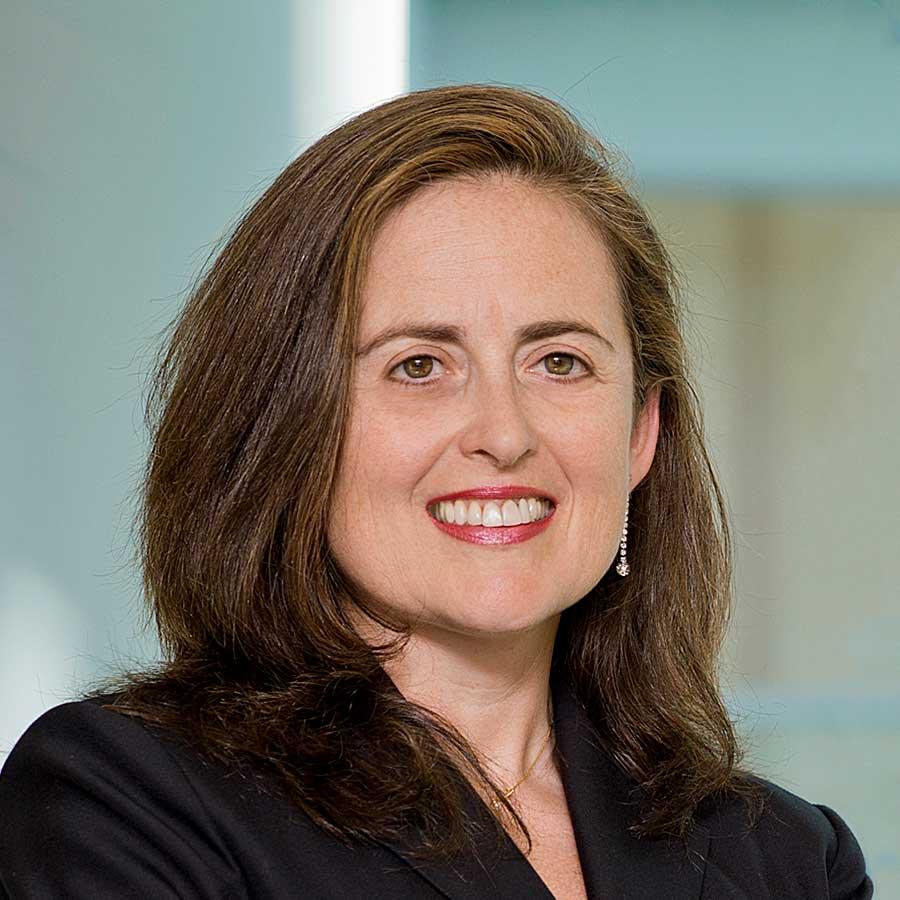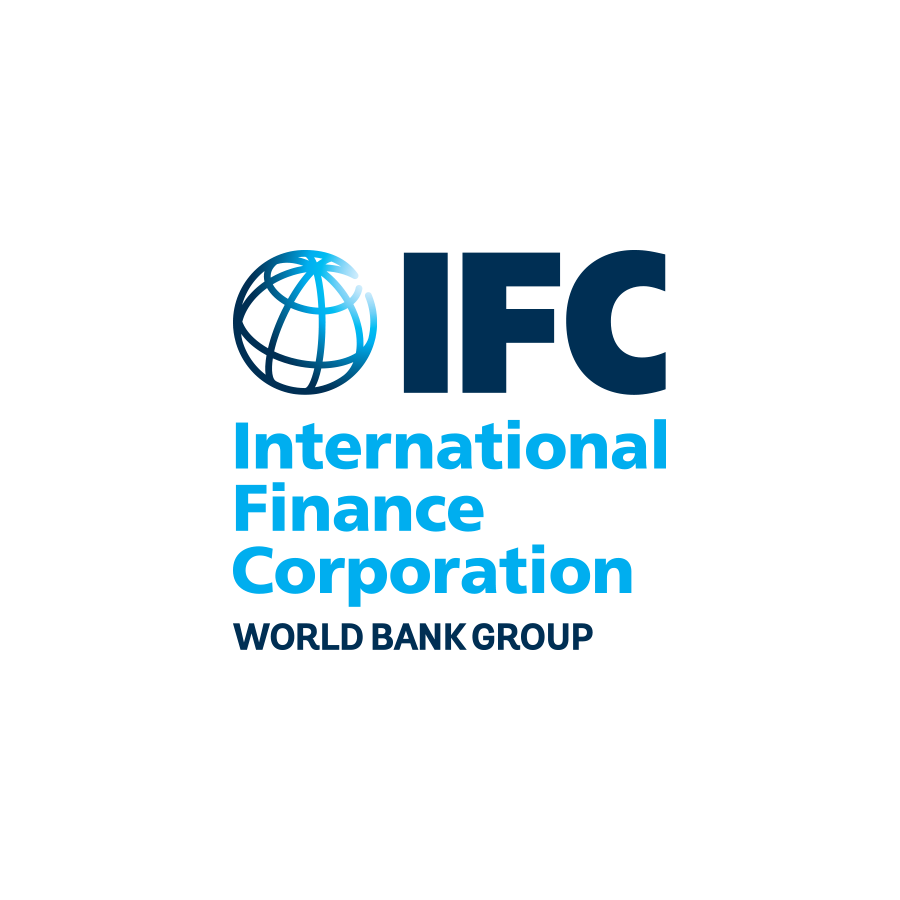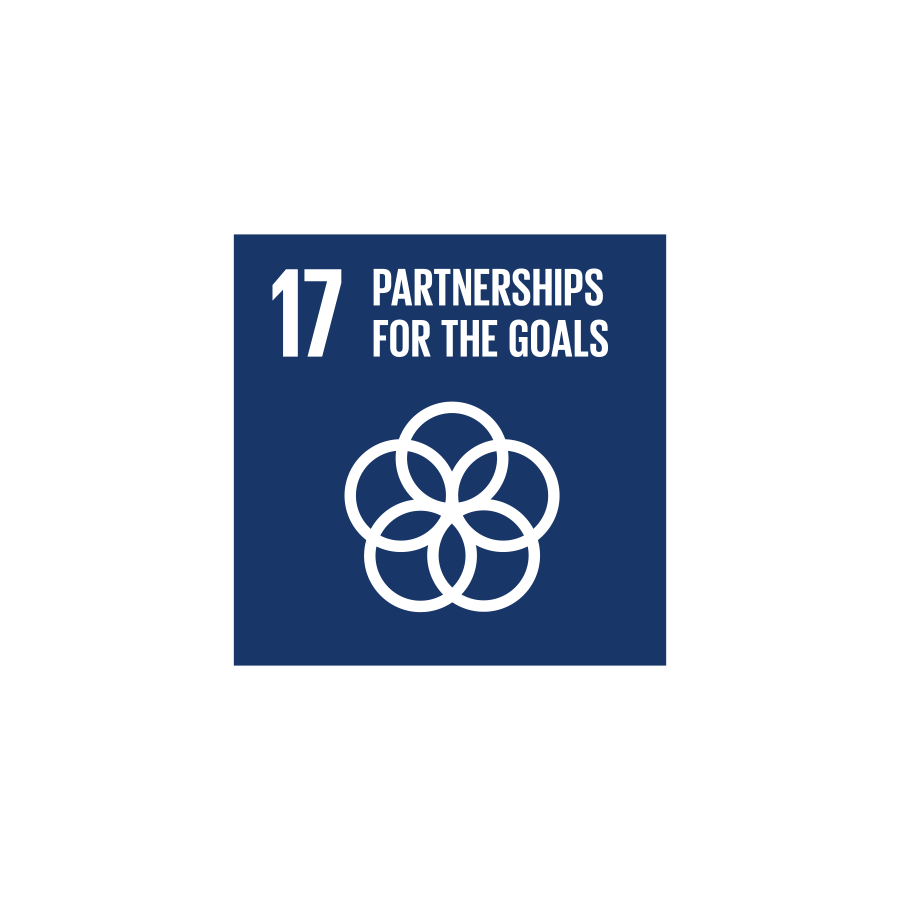
Authored by
ALZBETA KLEIN
Director and Global Head, Climate Business,
International Finance Corporation (IFC)
IT TAKES A VILLAGE
Development in emerging markets is the focus of today. Rising aspirations, as described in the Sustainable Development Goals, are driven by an increasingly connected and aware global population.
Global development challenges are of paramount importance – including the health of our ecosystem, migration, public health, and increasing economic interdependence and connectivity. There are more pronounced demographic challenges ahead of us, such as aging in wealthier countries while developing countries struggle to meet the needs and aspirations of their young people.
There is a resulting profound paradigm shift in development finance, in which the private sector plays an indispensable role in delivering development solutions and expanding funding from “billions to trillions.” How do we mobilize those billions and trillions? How do get companies and individuals involved? How do we put Sustainable Development Goal 17, partnerships for the goals, into practice?
As Larry Fink of Blackrock, the world’s largest asset manager with USD 6.3 trillion of assets under management, aptly expressed in his letter to CEOs recently, “… society is demanding that companies, both public and private, serve a social purpose. To prosper over time, every company must not only deliver financial performance, but also show how it makes a positive contribution to society.” It’s at this apex of society’s needs and company’s abilities where partnerships lie. Governments, multilateral development banks and others need to create a space where partnerships thrive, where business environments facilitate bringing in billions and trillions to solve the challenges of the day. Because this is where future profits and impact lie.
AGRIBUSINESS, FOOD & COFFEE – AS A DEVELOPMENT PARADIGM
Agribusiness is one of the world’s oldest, and one of the largest and most important industries. It’s the business that calls for the world to grow and trade food to feed the global population. It encompasses half of the world’s labour force, half of the world’s assets and close to half of purchases in developing countries. In IFC’s Agribusiness Strategic Action Plan, we look for involvement to enhance economic development and inclusive growth, and to ensure that agriculture and agribusiness make sustainability a key business driver.
Some 20 million families, mostly smallholders, in more than 50 developing countries produce and sell coffee. In several coffee-producing countries, coffee accounts for at least 20% of the total export earnings. By some estimates, approximately 100 million people are directly affected economically by the coffee trade. Coffee matters – for producers and for governments in emerging markets, because it can make a positive difference.
Farmers can increase their incomes by participating in the global supply chain. In our work, we often aim to pair local development and local farmers with the global supply chains because it’s only through this connection to the global markets where farmers can increase their incomes.

Nespresso and IFC created a strong partnership over a decade ago, through a shared belief that agriculture and agribusiness can contribute to economic development, that companies play a critical role in economic growth in emerging markets, and that partnering public and private sources of funding can leverage on each other’s strengths to create impact.
Building on the core CHF 1.2 billion1 investment in The Positive Cup, an initiative to accelerate Nespresso’s sustainability focus through 2030, Nespresso founded the Nespresso Sustainability Innovation Fund (NSIF) in 2016, to facilitate additional investments in sustainability programs. It was this catalytic move that was a critical step to launch our East Africa partnership.
The USD 3 million investment in East Africa finances the planting of shade trees and seeds, as well as the technical assistance, in order to improve the productivity, quality, and environmental sustainability of coffee grown by the farmer suppliers of Nespresso. In line with the NSIF’s objectives, this project supports improving farmers’ livelihoods and strengthening their resilience to the impacts of climate change.
This investment is facilitating the scaling up of shade tree planting at the farm and wet mill levels through an engagement with TechnoServe, Nespresso’s long-time sustainability technical assistance partner, to provide farmer instruction, nursery support, delivery of tree seedlings, and monitoring. Only indigenous tree species will be supported, and the Fund will source these seeds from reliable suppliers. Additionally, the project is supporting agroforestry and reforestation at the landscape level by rejuvenating degraded terrain, reducing likelihood of erosion, increasing potential for biodiversity, and fortifying farming ecosystems and farmer communities.
In parallel, the World Bank’s BioCarbon Fund has provided USD 3 million in grant funding to support the Project. The grant is being used to implement farmer training and wet mill operations in the Oromia Region of Ethiopia that align with improved sustainability practices. The BioCarbon Fund Initiative for Sustainable Forest Landscapes (ISFL) promotes and rewards reduced greenhouse gas emissions and increased sequestration through better land management.

OVER THE HORIZON
Author and historian Yuval Noah Harari in his recent book Sapiens: A Brief history of Humanity says that “…in order to change an existing imagined order, we must first believe in an alternative imagined order.”
The partnership between Nespresso and IFC shows what that new imagined order could look like. Institutional investors are looking at sustainable investing as something that went from niche to scale. Globally, one in every 4 dollars is invested sustainably, some USD 22.3 trillion.
A recent survey by Morgan Stanley Institute for Sustainable Investing shows that 84% of the world’s largest asset owners are pursuing the integration of environmental, social and governance principles into their investment process, and 78% of those are seeking to align their investment strategies to Sustainable Development Goals.
IFC’s partnership with Nespresso is one small example of what can be done when SDG 17, partnership for the goals, is married with SDG 13, climate action, and SDG15, life on land. Ahead of its time, this partnership is now bearing fruit and both Nespresso and IFC are already working on the sequel.
Article published in: November 2018
1. Data updated in April 2025 in line with The Positive Cup 2024 Progress Status document

